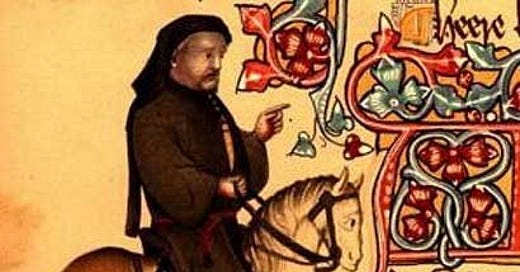Hail and welcome!
We start with a great quote from Oddball one of the eponymous heroes from the movie Kellys Heroes:
Why don't you knock it off with them negative waves! Why don't you say something righteous and hopeful for a change?
This week I am moved to say things about beautiful, wonderful England and her people the English. Of which I am a proud member. Yet I did not want the usual self deprecating stance that is in fact very naturally a part of my Englishness. Or the rather odd self loathing and even hatred of ourselves that some fellow compatriots also exhibit. Or the seemingly default position that the media and Labour Party holds: if your white and English you must be a racist.
The English are an amalgam of Celts, Romans, Angles and Saxons, Jutes and Vikings. Of Norman French all streaming together to create this England and the English. An amalgam. Purity of race is not our thing. We are by heritage a mix. We can adapt and incorporate others. If they want to.
No. I wanted to be positive all the way through this weeks article.
I am saying No! to negativity (I can clearly still be ironic and remain positive), so let your comments follow suit in the vein of Oddball. Let us be positive! There is enough anti- English everything already. I crave a holistic anti-dote.
What follows is not supposed to be exhaustive in scope.It is not an apologia either. Neither are some things specifically English because cultures are in fact inter-woven. Many things are common across humanity. Just the way you do things in the Middle East will be similar but different: like roasting meat for example.
Our languages have all roots and have developed over time. Our similar humanity then becomes sharper and more glorious because of our focussed cultural branches. I celebrate these diverse branches and wonder at how they mirror our particular national and international identities.
Luckily I don't watch the BBC, so it is easier for me to think clearly about England and the English culture I have inherited and let my heart also lead me. What comes to my mind when I contemplate my little branch of humanity? My childhood memories kick in first.
Dances With Flowers and Green Leaf.
The Festival of Beltane is just around the corner here in the Northern Hemisphere as I write. As a child in school I was taught to dance the traditional folk dances of England. How to do the steps. How our circle dances proceeded and how I was a part of that. Imagine, I was taught this as part of the curricular activities. I loved my semi rural upbringing.
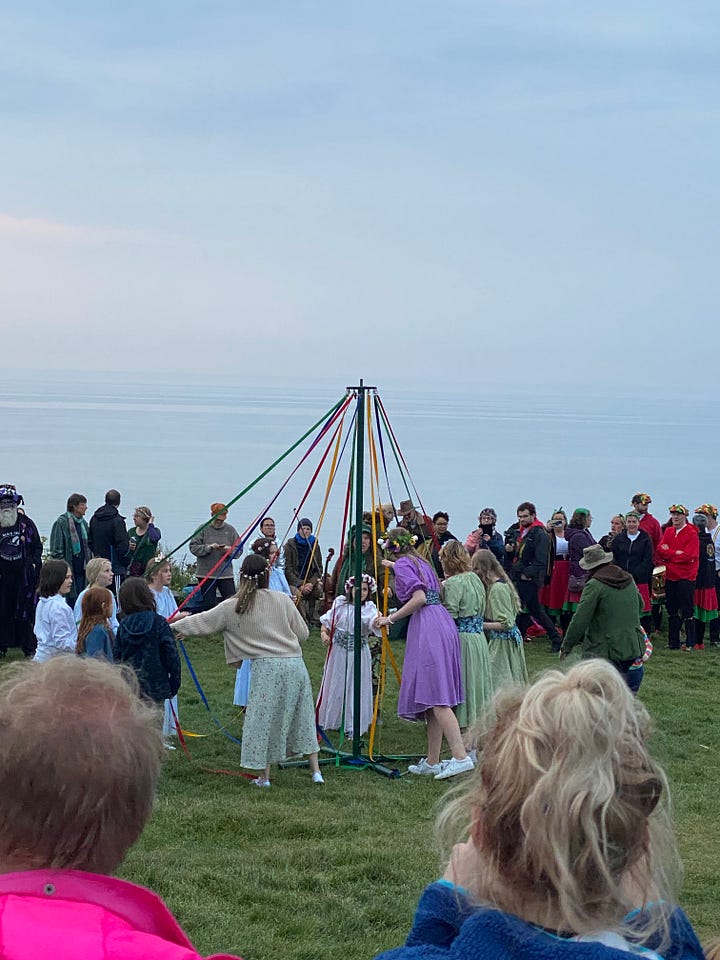
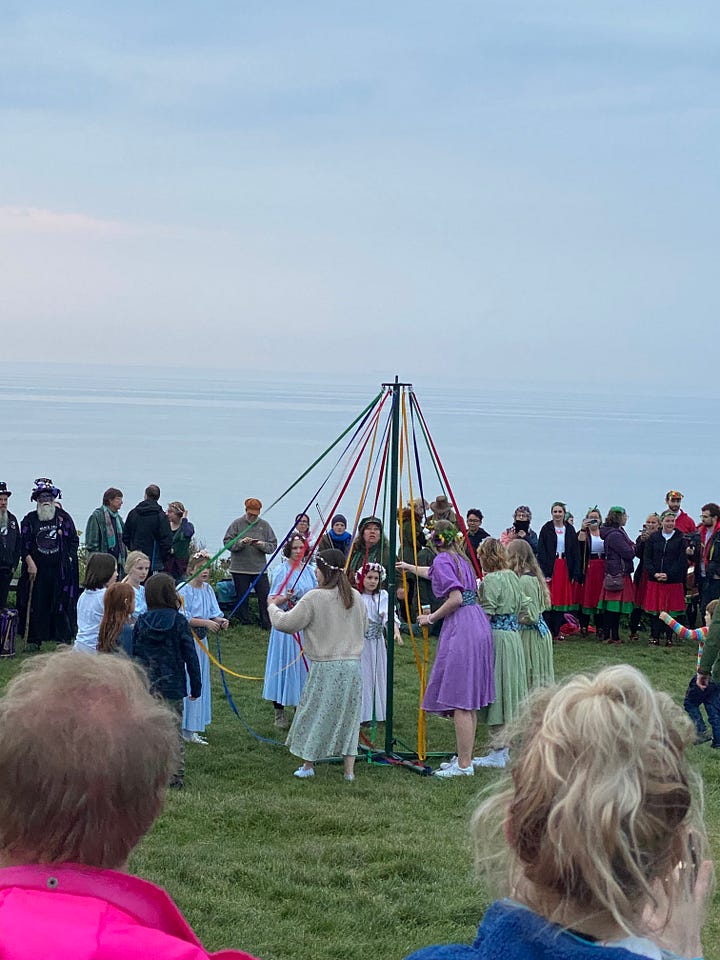
How to do the Maypole dance with the girls so that our ribbon would intertwine all the way down the Maypole. I thought everyone danced. I thought May 1st was a good a-day as Christmas day: only warmer (mostly!) That this way of being was in fact a regular, almost ordinary occurrence.
In my Twenties it came flooding back when I moved back to East Sussex from a decade hiatus in North London during those teen years. The Jack in the Green celebration on May Day had been revived recently (early 1980s/90s) and was in full flow on May 1st. The English Morris dancing troupe’s from all across the South East of England and from further afield entertained us in this celebration of our folk cultural traditions.
There were Victorian Chimney Sweeps parading. A sign of how England, Britain, moved from agrarian life to urban and industrial one. Flower Girls in Clogs and of course Jack in the Green. The last act of this folk weekend is where Jack is actually ripped apart symbolically. All the Green Leaves that make up Jack are torn of and thrown into the crowd. Thus the Spirit of Summer is released. Although on occasions, that day has been thoroughly cold and wet as my friend and subscriber Jason from Australia can readily testify! The point is made nevertheless!

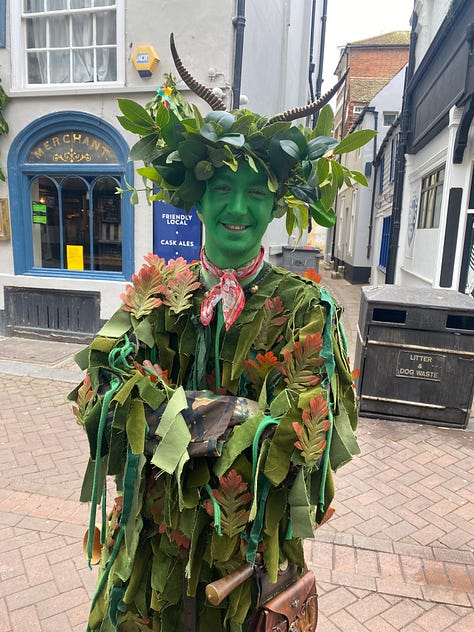
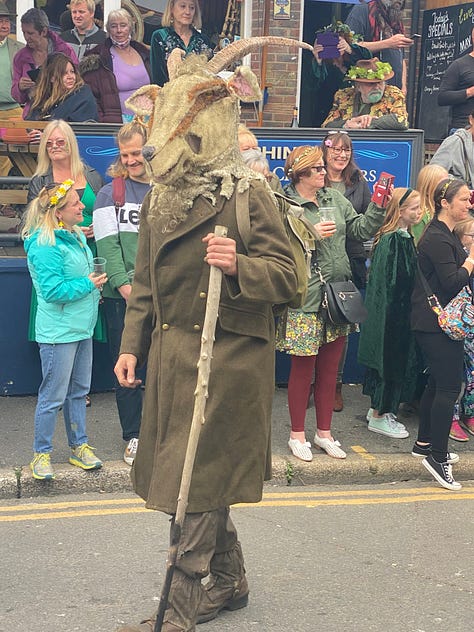
These traditions are still strung out across England like Pearls of shared consciousness and of being. If you look for them you will be surprised at just how they are open and shared by all who wish it. I revel in them when I am home!
Bawdy Chaucer
The Canterbury Tales are a series of narratives and stories told by the characters themselves to amuse, entertain and perhaps teach fellow pilgrims throughout their journey. It is one of the wonders of medieval literature and shows how the English and their culture and their language and their stories are developing at that time. The Millers Tale is perhaps the most (in)famous Tale told on that pilgrimage. For the Miller,
‘’a wrangler and buffoon, he had a store of tavern stories, filthy in the main’’
When I first sat down and decided to read the Canterbury Tales it was Winter. I imagined a steaming pot of amber dark tea begging to be poured: a warm fire and a good book on the side table with the cover opened purposively as if to invite a deep dive. In fact I did each of those but with the addition of being in my Parents house that weekend in Biggleswade. Mum and Dad were watching TV. Curtains were drawn against the early darkness of the day and the murk of mists and fogs.
I began my reading.
Now the Millers Tale is not for the Lollards. It is a bawdy tale of deception and cuckoldry. It is told in such a way, with such visual language, that for one of the very few times of my life I could not control my laughter and guffaws. My Mother was amused at how a book was producing such affects upon my physical being: doubled up with laughter and eyes glistening with tears.
Upon reflection I was amazed that Geoffrey Chaucer was able to get in my head and parade his characters and the foibles of his age. His English nation connecting to mine. The pilgrimage an opportunity for story, reflection, introspection and of course close to my heart a character like the following Friar,
“….he knew the taverns well in every town and every innkeeper and barmaid too better than lepers….’’
I found and read The Decameron later. In my mind I linked the Canterbury Tales with the Decameron: books of storytelling. One English. One Italian. One a Pilgrimage with time to tell stories. One an evacuation and fleeing to a safe place from the ravages of the Black Death. Similar, but different. Each a glory to their particular peoples and cultures.
Crackling and Roasted Potatoes.
Many people think that fish and chips are the essential food of England. That has never been my experience. Instead the English have always been prodigious roasters of meat for example. Braising and stewing meat. Makers of Pies and Puddings (savoury and sweet).
I am working with Mancunian’s who have introduced me to the glories of their local “Rag pudding’’. I will be seeking that out!
Hog Roasts are still popular at various festivals and festive times. My own world and childhood had a roast dinner nearly every weekend. Roast Beef, Roast Lamb on occasions and Roast Pork. The Pork joint in particular was a favourite especially if my Mum had procured a decent rind to the joint. Before roasting: deeply scoring that rind and rubbing salt into the cuts.
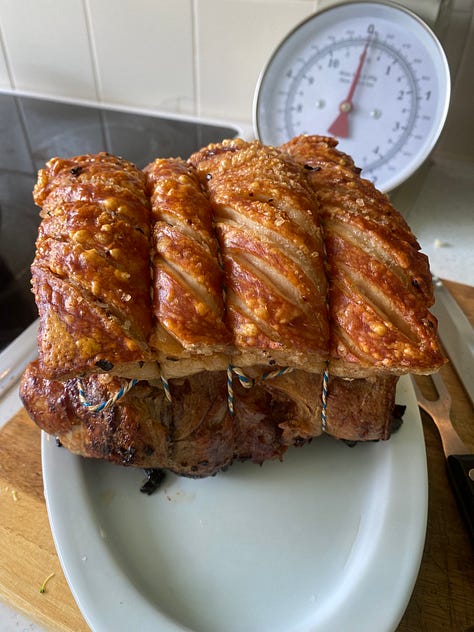

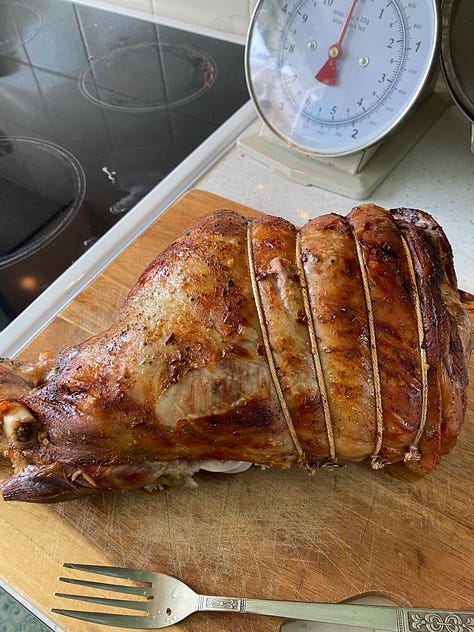
As the joint roasted the rind crack and bubble in the heat forming at the end of the process what we called crackling. Jean is a Filipino and they call this lechon. Freshly roasted crackling with the meat is simply delicious. I learnt that apple sauce goes with pork; mint sauce with Lamb; horseradish sauce with Beef. Or else with Beef that bright yellow and pungent English mustard. For some strange reason, sage and onion stuffing with chicken and nearly everything else!
The vegetables that accompany the dinner as fresh as possible. Lots of roots vegetables and greens grow in England. Carrots, turnips, swedes, beets. Cabbages and broccoli and sprouts and cauliflower. All the aforementioned animals. I believe we also owe the Romans some gratitude for rabbits and pheasants. Our food is a rich and diverse as any with those ingredients.
Since the discovery of the Americas’ potatoes have become as naturalised a part of our diet. It is itself a wonder to ponder that particular tubers wondrous journey of conquest across the globe. Nearly as ponderous as the quest for the perfect roasted potatoes to accompany the roasted meat on a Sunday.

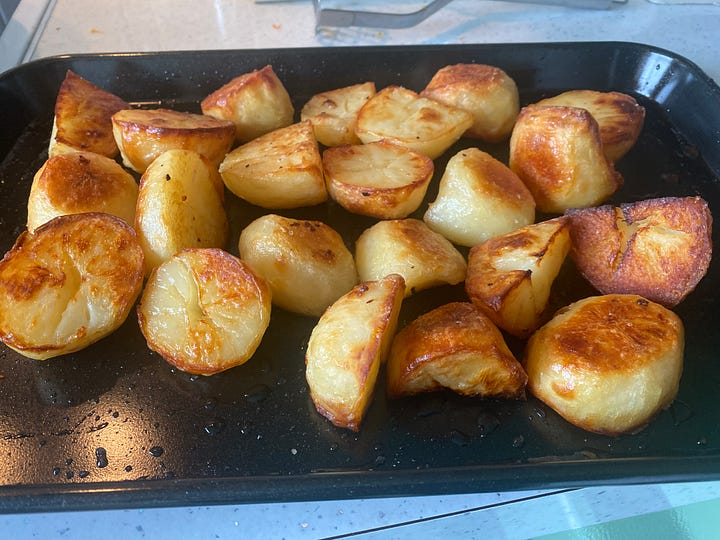
Getting them to be golden and crispy on the outside and simultaneously soft and fluffy almost on the inside. T’is a worthy quest!
Family time around the kitchen table with home cooked food on that one day each week: was perfect. Every time I go home I am in the habit of replicating this tradition with my family on a Sunday. Unique to the English? Not at all. Common across all cultures to eat and celebrate the end of a week together. We do it this way, as an exemplar and reflection of ourselves.
Notes from the Heavens.
The English have a fine art music tradition. Particularly gifted with Sacred Choral music down the centuries. I was listening to William Cornysh recently. Writing his music in the reign of Henry VII. I do appreciate this English choral tradition. My namesake William Byrd was a master of music for voices.
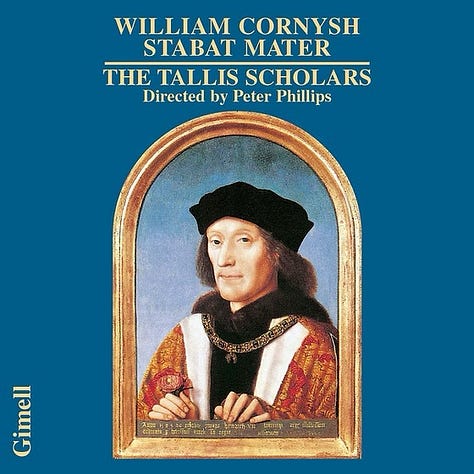
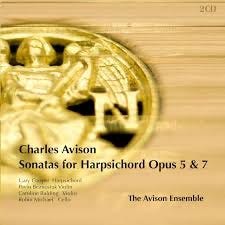

Right down the centuries our composers and musicians have created a structure of music that is flavoured by our temperament. Other composers from abroad have recognised the particular flavour and have written pieces themselves entitled with the soubriquet of English or English style.
I can recognise how Christianity has moved the composers art. That religion has music at its heart. For example William Cornysh Magnificat 1. Magnificat anima mea Dominum is short. Yet as beautiful as a humming bird sipping nectar from a crystal blue flower.
J S Bach wrote keyboard Concertos in the English style. Haydn, upon visiting England and hearing Oratorios, was inspired then to create one of my favourite Oratorio himself: The Creation. Written both in English and German by design.
The tapestry of European art music has definite English yarns making up the very cloth. When I lived in Darlington I was blessed to visit the Great City of Newcastle. In the Church of St Andrew right next to St James Park ( itself a kind of Cathedral to football) lies the remains of one Charles Avison. Check out his music is all I will say! Like so many English people I had never heard of him. Yet he is a part of that musical fabric that I, allegorically, wear.
Or check out the legendary playing of the guitar by John Dowland as England went from Gloriana's Reign and onto the tumultuous era of Stuart Kings. He was famous across Europe from France to Spain for his composing and playing of that instrument.
Folk music? Popular music? I will leave those for the moment for another day.
Cubital and Funny Bones
Lastly, or I shall keep writing! Lastly a note by Jean. She said to me: what about your humour? “Your nation has some very different kinds of humour”. She was in particular thinking of Monty Pythons Flying Circus. She has found them…..odd.
After all this is for Christian’s their Holy Week of Easter as I write. Who would do a crucifixion scene and have the crucified singing, ‘Always look on the Bright side of life’? Freedom of expression is a key component of our national identity as Englishmen and Englishwomen (and Welsh and American in Monty Pythons troupe) Thus feeding into our shared and wider Britishness. Into notions of human expression and freedoms applicable across our national borders. Across the euphemistic ‘West’ now culturally fighting for meaning, identity and perhaps even survival.
Postscript
I hope that I have begun to meet Oddballs requirements today. Modern day England and indeed wider Britain have as good and as rich a vein of culture as any I have travelled and seen. Not with the longevity, depth of India and China it is true. Yet I have no idea why our people and our institutions refuse to celebrate openly and on a national scale our heritage as other nations do. If I could change this, I would.
That attitude is ossifying our national identity. One cannot help wonder if it is by design. Our political elites and establishment pursuing open borders. Mass immigration. Two Tier Justice. Political collusion. Islamification.
The above is just the start, I feel, of my rebuttal and rebalancing. It is why I took my time this past few weeks. I feel I am being dragged into politics ( for politics is downstream of culture) against my ordinary, day to day, phlegmatic will.
I’d prefer my writing to be more introspective. This will in the next few weeks be the fourth year of Syre Byrds Word Emporium and the challenge is: can we navigate SubStack in such a way as to be true ourselves and be on occasions commenting upon the State of our Nation without being just another political SubStack? Can my Emporium ideal survive the push and pulls? Let us find out together.
At the moment I want a nation that is both: a worthy inheritance of our peoples and a progression that shapes the freedoms of a possible future.
Have a Blessed week.
Yours,
Syre Byrd

